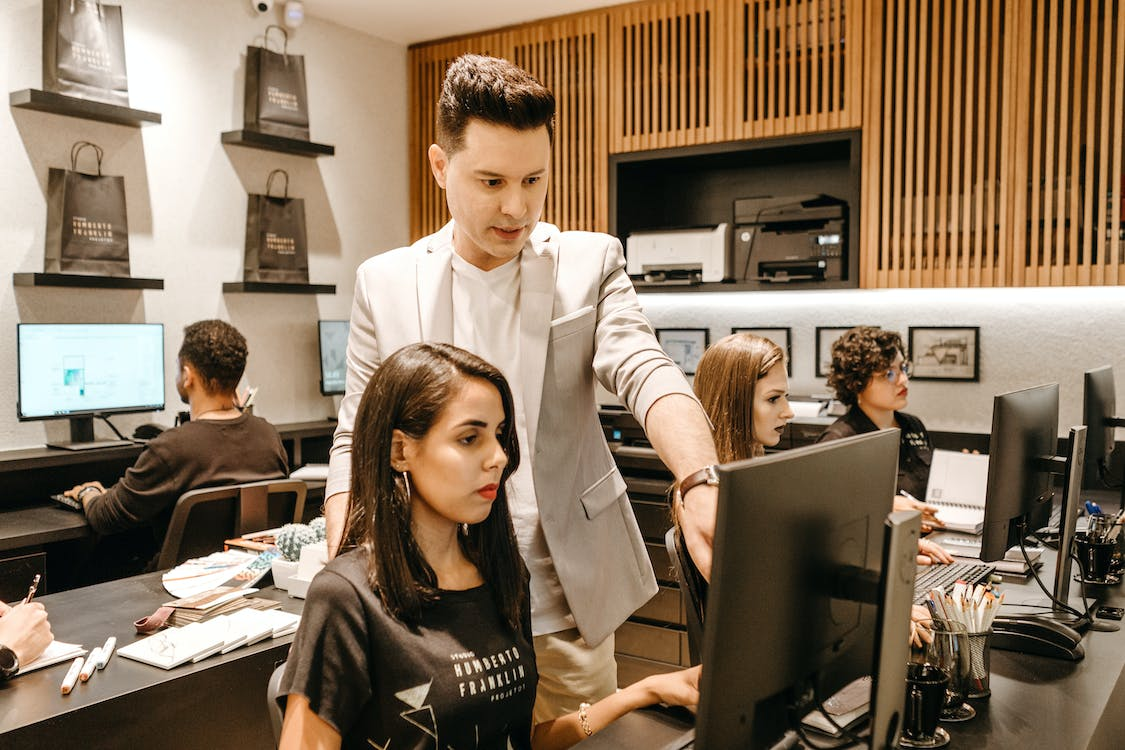Gina Temple Shares Strategies for Cultivating a Culture of Continuous Learning through Mentorship in Healthcare Settings
Fostering a culture of continuous learning is crucial in the fast-paced and ever-evolving healthcare industry. One of the most effective ways to achieve this is through robust mentorship programs. Such programs not only enhance professional development but also improve patient care and create a dynamic, engaged work environment. Gina Temple shares some key strategies for cultivating this culture through mentorship.
Understanding the Importance of Mentorship
Mentorship in healthcare goes beyond traditional training. It involves experienced professionals guiding less experienced colleagues, offering insights, advice, and support. This relationship helps mentees navigate the complexities of the healthcare environment, develop their skills, and build confidence.
Establishing Clear Goals and Expectations
For mentorship to be effective, it's essential to establish clear goals and expectations from the outset. Both mentors and mentees should understand the purpose of the mentorship, the skills and knowledge to be gained, and the expected outcomes. This clarity ensures that both parties are aligned and can work together more effectively.
Creating Structured Mentorship Programs
Structured programs provide a framework for the mentorship process. They can include regular meetings, predefined topics for discussion, and specific milestones to achieve. This structure helps keep the mentorship focused and productive, ensuring that both mentors and mentees get the most out of the experience.
Encouraging Open Communication
Open and honest communication is the cornerstone of any successful mentorship. Mentors should create a safe space where mentees feel comfortable discussing their challenges and asking questions. This openness fosters trust and allows for more meaningful and impactful interactions.
Providing Continuous Feedback
Feedback is a critical component of the learning process. Mentors should offer constructive feedback regularly, highlighting areas of strength and opportunities for improvement. This ongoing feedback helps mentees refine their skills and grow professionally.
Promoting a Learning Mindset
Mentors should encourage a mindset of continuous learning and curiosity. They can do this by sharing their own experiences and challenges, demonstrating that learning is a lifelong process. This approach helps mentees appreciate the value of continuous improvement and motivates them to keep learning.
Leveraging Technology
Technology can enhance mentorship by providing tools for communication, collaboration, and learning. Online platforms can facilitate regular check-ins, track progress, and provide access to educational resources. Leveraging technology makes the mentorship process more accessible and efficient.
Fostering a Collaborative Environment
A collaborative work environment supports continuous learning by encouraging knowledge-sharing and teamwork. Mentors can model collaborative behavior, demonstrating how to work effectively with others and share insights. This collaborative spirit can then permeate the organization, creating a more dynamic and supportive workplace.
Celebrating Achievements
Recognizing and celebrating achievements, both big and small, can motivate mentees and reinforce the value of the mentorship program. Celebrations can include formal recognition at meetings, shout-outs in newsletters, or informal acknowledgments during team huddles. This positive reinforcement encourages continued effort and dedication.
Measuring and Adjusting
Finally, it's important to measure the effectiveness of mentorship programs and make necessary adjustments. Regular evaluations can identify what's working well and where improvements are needed. This ongoing assessment ensures that the mentorship program continues to meet the needs of both mentors and mentees.
Fostering a culture of continuous learning in healthcare settings through effective mentorship is a powerful strategy. It enhances professional development, improves patient care, and creates a dynamic work environment. According to Gina Temple, by establishing clear goals, encouraging open communication, providing continuous feedback, and leveraging technology, healthcare organizations can cultivate a learning culture that benefits everyone involved.




Comments
Post a Comment